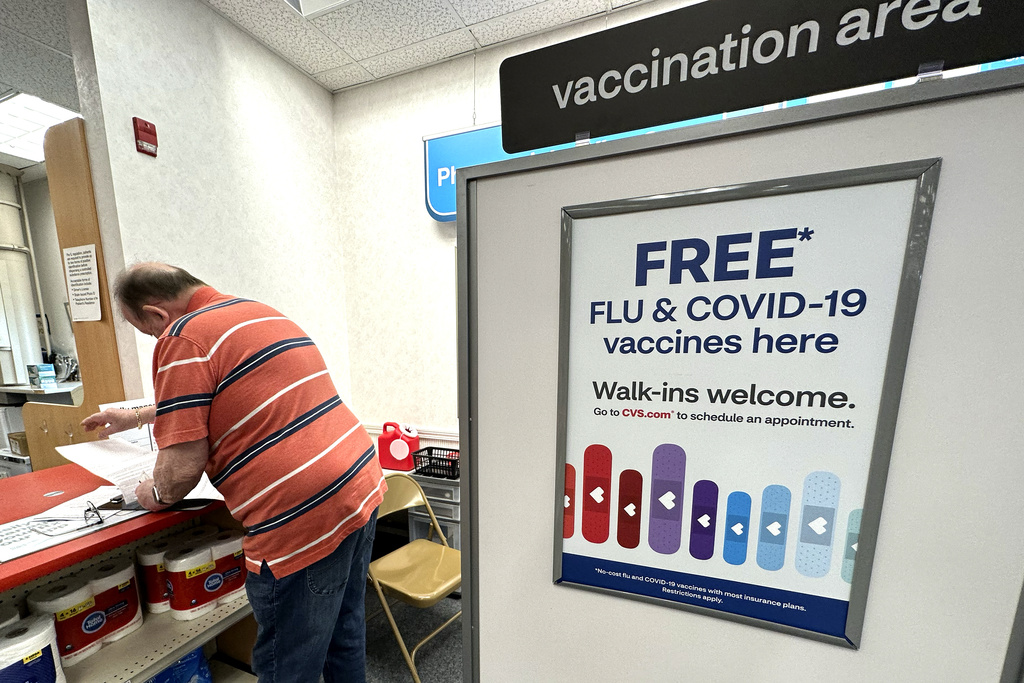New research on peanut allergies finds common therapies can actually increase the risk of allergic reactions. This could change how doctors treat peanut allergies, especially in kids.
Right now, most allergy diagnoses include either an oral, blood, or skin test. Oral treatment can often include immunotherapy, where a person eats a small amount of peanut protein and slowly increases their dose over time. As of a few years ago, researchers found this was a safe and effective way for preschool-aged kids to build up immunity. As recently as March 2019, the American Academy of Pediatrics said eating peanut proteins early may be enough to prevent peanut allergies.
But this new analysis found peanut oral immunotherapy can cause stronger reactions. For example: In kids aged 5 to 12, oral treatment tripled the risk of anaphylactic reactions, even if the therapy had already desensitized subjects to peanuts. Researchers say we need to find safer ways to treat allergies.
This new research comes as more and more young people are at risk. The CDC says the prevalence of US children with peanut or tree nut allergy more than tripled between 1997 and 2008. Research published in 2017 found peanut allergies in children are up 21 percent since 2010, and that nearly 2.5 percent of US children may be allergic.




 New Research Shows Promise For Young Peanut Allergy Sufferers
New Research Shows Promise For Young Peanut Allergy Sufferers






